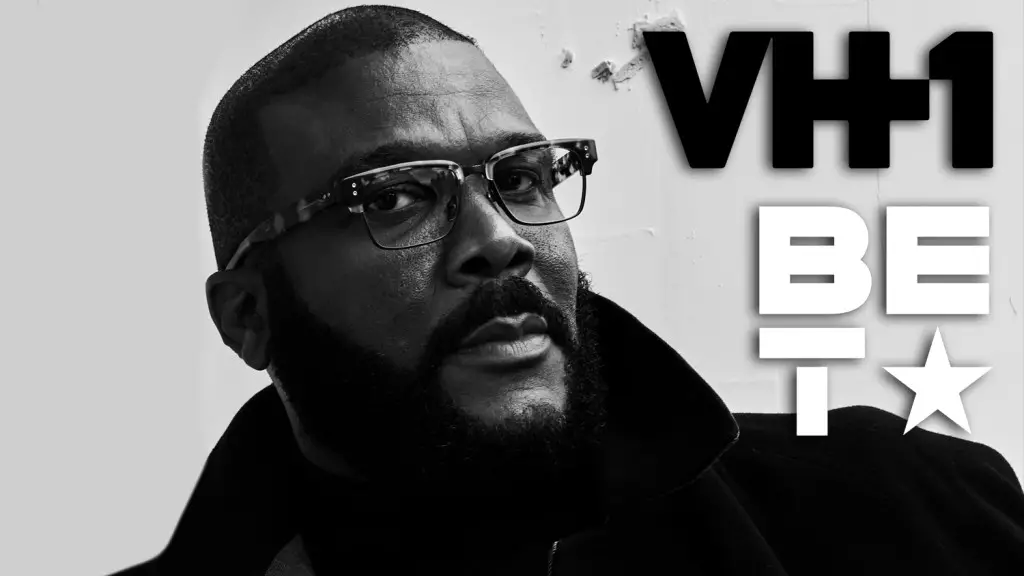Tyler Perry, a prominent name in the film industry, recently expressed his concerns regarding the impact of Artificial Intelligence (AI) on the future of filmmaking. After witnessing a demonstration of OpenAI’s text-to-video model Sora, Perry was both amazed and alarmed. His initial plans for an $800 million expansion of his Atlanta studio are now on hold, as he contemplates the repercussions of AI technology in the industry.
In a conversation with the Hollywood Reporter, Perry highlighted the astonishing capabilities of AI in creating cinematic videos. He mentioned how AI could potentially eliminate the need for on-location shoots, set constructions, and even travel, by generating scenes through text input. While Perry acknowledges the business opportunities AI presents, he also raises concerns about the future of jobs in the industry.
Perry’s apprehensions about AI’s impact on the film industry extend to the livelihoods of countless professionals involved in filmmaking. From actors to production crew members like grips, electricians, transportation personnel, and editors, Perry believes that AI has the potential to disrupt every aspect of the industry. The ease with which AI can generate complex scenes raises questions about the necessity of traditional production methods.
A Call for Industry-Wide Collaboration
Having already utilized AI in two upcoming film projects, Perry emphasizes the need for a collective and proactive approach from all stakeholders in the industry. He advocates for a united effort to address the challenges posed by AI and safeguard the future of the film industry. Perry stresses that it cannot be left to individual unions to negotiate contracts periodically, but rather requires a comprehensive strategy to adapt to the rapidly changing landscape.
As AI technology continues to evolve at a rapid pace, the film industry faces a period of significant transformation. The integration of AI in various aspects of filmmaking has the potential to revolutionize the way films are produced, raising questions about the role of human creativity and labor in this new paradigm. While the benefits of AI in terms of efficiency and cost-effectiveness are evident, the potential displacement of jobs is a pressing concern that cannot be ignored.
Tyler Perry’s insights into the impact of AI on the film industry serve as a poignant reminder of the need for adaptation and collaboration in the face of technological advancements. As filmmakers and industry professionals navigate this new territory, it is essential to strike a balance between embracing innovation and protecting the livelihoods of those who contribute to the magic of cinema. The future of filmmaking lies at the intersection of AI and human creativity, presenting both challenges and opportunities for all involved.


Leave a Reply